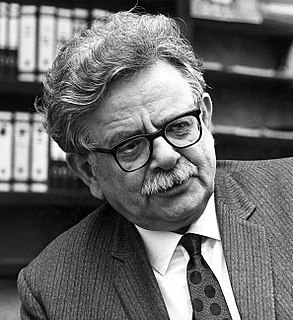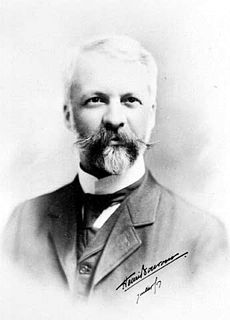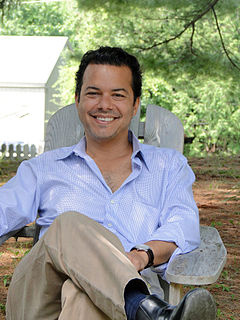A Quote by Mark Hatfield
I want to caution that we must not confuse patriotism with blind endorsement of bad policies.
Quote Topics
Related Quotes
Part of the problem with extreme patriotism is that it makes the support of one's country and its policies unconditional. Moderate patriots, on the other hand, see that taking morality seriously requires that our commitment to our country be conditional in two ways. First, the actions or policies of a government must be worthy of support or, at least, must not be serious violations of morality. When nations behave immorally, patriots need not support them.
While patriotism is often lauded as an unquestionable value, the status of patriotism is a problem for many thoughtful people. It is particularly troublesome for people who care about the common good but are alienated by the all too frequent use of patriotism and patriotic symbols to stifle debate, tarnish the images of rival candidates, or arouse popular support for aggressive military policies.
Every patriot believes his country better than any other country . . . In its active manifestation-it is fond of killing-patriotism would be well enough if it were simply defensive, but it is also aggressive . . . Patriotism deliberately and with folly aforethought subordinates the interests of a whole to the interests of a part . . . Patriotism is fierce as a fever, pitiless as the grave and blind as a stone.
If patriotism is good, then Christianity, which gives peace, is an idle dream, and the sooner this teaching is eradicated, the better. But if Christianity really gives peace, and if we really want peace, then patriotism is a leftover from barbarous times, which must not only not be evoked and taught, as we now do, but which must be eradicated by all means of preaching, persuasion, contempt, and ridicule. If Christianity is the truth, and if we wish to live in peace, then we must not only have no sympathy for the power of our country, but must even rejoice in its weakening and contribute to it.
If patriotism were defined, not as blind obedience to government, not as submissive worship to flags and anthems, but rather as love of one's country, one's fellow citizens (all over the world), as loyalty to the principles of justice and democracy, then patriotism would require us to disobey our government, when it violated those principles.






























